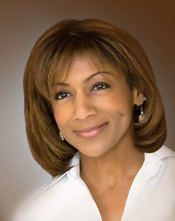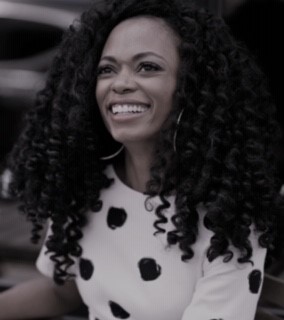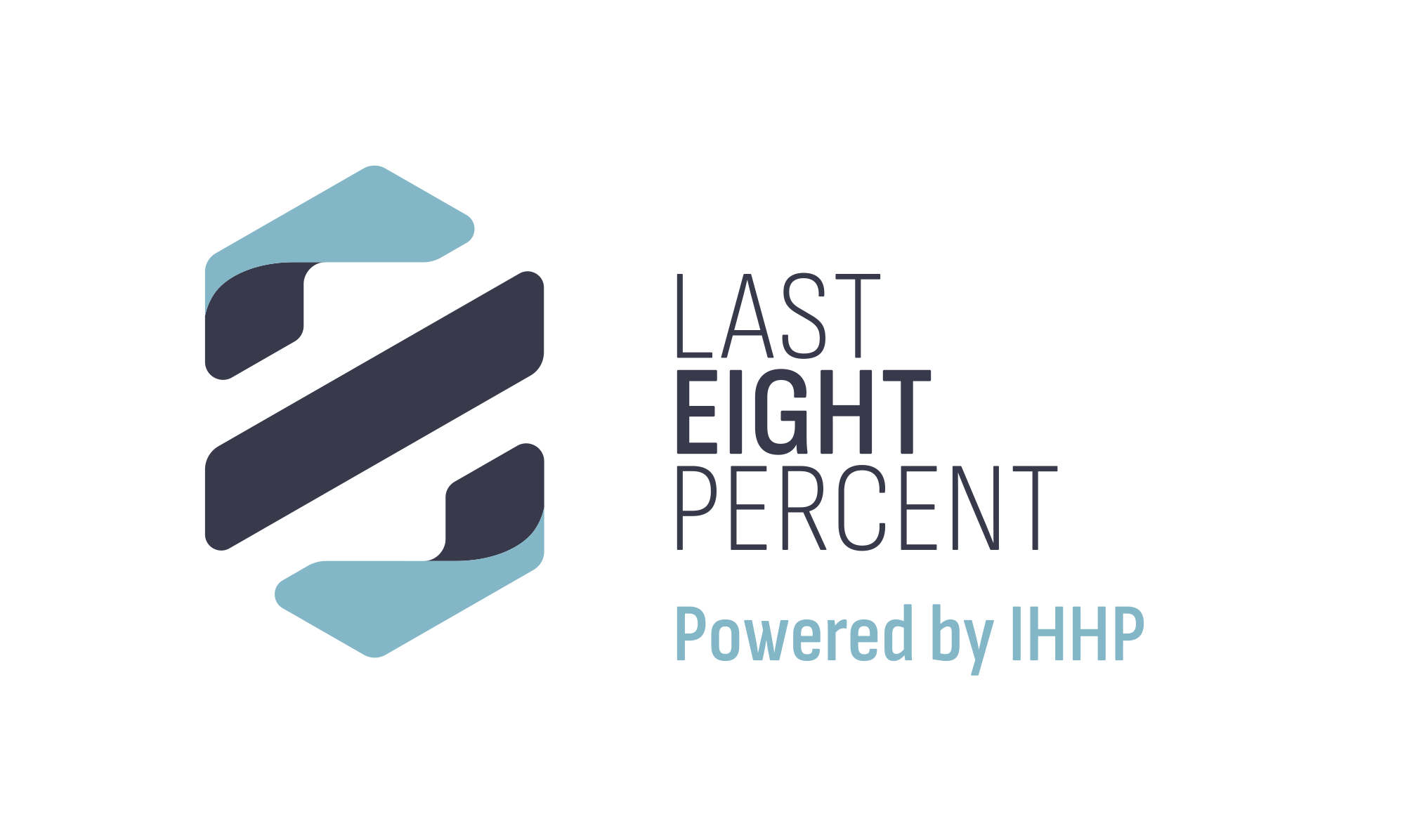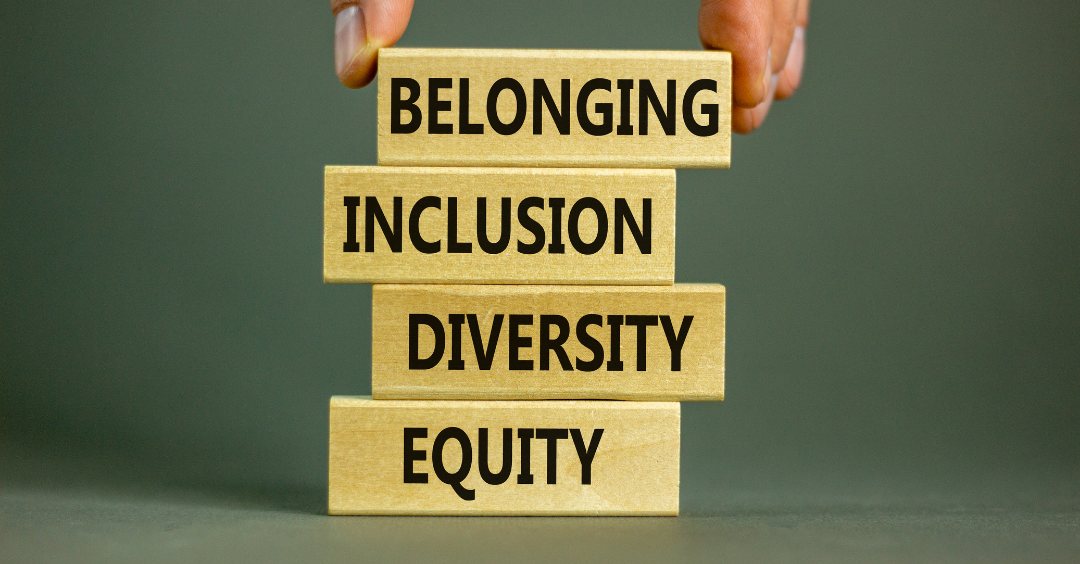IHHP’s Organizational Psychologist, Dr. Cranla Warren, recently sat down for an in depth conversation about diversity, equity, and inclusion with Khalilah Lyons, a Diversity & Inclusion Leader. In this conversation, they discussed why it is important to have a ‘mindset approach’ to DE&I as opposed to a ‘program approach’. The content of this conversation has been edited for this blog. You can access the full conversation and additional resources here.
DE&I: A Mindset, Not a Program
Cranla: How can we understand “DEI” as not just a program, but an ongoing and robust form of change?
Khalilah: When I think about diversity, equity, and inclusion as a program, it makes it sound like it has a beginning and end. That it’s this distinct undertaking that is separate from everything else that needs to be completed and done. And that’s obviously not what diversity, equity, and inclusion needs to be.
It doesn’t have an end, it’s not this undertaking with a destination. DE&I is a way of working, it’s a way of thinking. It’s a way of being, it’s a way of thriving.
KHALILAH LYONS
As I continue this work – and I work with leaders and I work with employees – I really see it as a mindset that you’re bringing to everything that you do. It’s a journey and that’s how it needs to be approached in organizations, not as this separate program.
Many organizations are proud to say that they have a diversity, equity, and inclusion program. It starts to feel like these events are going to come and go. Or that it’s this training or a one-time hit and that doesn’t really get to a breakthrough. That doesn’t get to changing people, that’s not where we see systems evolving.
Cranla: So what do you see as bringing about those breakthroughs and evolving our systems?
Khalilah: It’s thinking about how you get to regular exposure, how you get to iteration, how you get to evolution. And again, it doesn’t come with a ‘program mindset’. You definitely need to have goals; working towards something is key. Those goals need to be robust and holistic. DE&I is a business imperative. Everyone needs to be involved. It shouldn’t be a program that’s owned by HR or the diversity, equity, and inclusion team. It should be owned by everyone. You need to think about the impact it has on your colleagues, your consumers, and the communities that you stand-in.
These are the different types of questions we need to ask? What are the systems that we need to be auditing, how are we leveraging our Employee Resource Groups (ERG’s)? What is the data telling us? Are we addressing societal issues? DE&I starts to permeate everything – again, your mindset – it starts to become a natural cadence for you. And so that’s why I say it’s not a program, it’s a business imperative, it’s something that’s holistic. Once we start to own it as a mindset, it really changes how you view it, how you work it, and how it shows up in the organization.
Cranla: That is so helpful because I often hear about diversity, equity and inclusion and belonging initiatives. What I’m hearing from you is that this is like facilitating a transformation. And that you’re coming out on the other end of these efforts with DE&I as your way of being.
What would you say are the key differences between that “program” approach and the more integrative or transformative mindset you discussed? How does that show up in the workplace?
Khalilah: It’s important for organizations not just to have initiatives and goals (which are in fact critical to drive activity), but to tie them to an overall belief statement around diversity, equity, and inclusion and its importance.
How is it showing up in everything that you’re doing? What does it look like? Again, not just for HR, but what is finance doing around diversity, equity, and inclusion? How is this showing up in marketing? In customer service centers? What does it look like in how we’re connecting to consumers? We need inclusive behaviors and language so that everyone is thriving – from our diverse workforce to our diverse consumers.
Our mindset and how we’re approaching what we’re designing is what keeps DE&I from feeling separate. It’s in the same way companies think about operational excellence. What is the diversity, equity, and inclusion excellence that we need to be having as we’re designing, interacting, and creating? That’s also why you need to have metrics – to show progress. But it’s not just about the data. I think a lot of companies get caught up in the numbers, how they’re getting to those numbers, and holding people accountable. I tell people you have to iterate your goals.
This is also where you have to stay ready for disruption and stay ready for change. It’s important to have everyone involved and know their role in driving the culture, but leadership buy-in is critical. They have the most power and the privilege in the organization in a good way. I don’t see privilege as a bad thing – that ability to hold everyone accountable is important. You need to have it be visible all the time. Highlight what the company is doing right, show that DE&I is on the agenda, it’s part of team meetings, and it’s just part of how we’re working now.
Cranla: In our livecast from February, people wanted to hear more about Khalilah’s ABCs of DE&I. So can you revisit those with us in this conversation? What are Khalilah’s ABCs and what purpose do they serve?
Khalilah: I’ll share a few because this is one of my keynotes so I can expand on this for an hour! There’s a lot with the ABC’s that I bubble up to mantras that we need to hold close to us.
So the ABCs are really guiding principles to keep you focused on your approach to work. So the first is to know what diversity, equity inclusion means to you and your organization.
Cranla: You mean, how is it foundational. Why is it important to know what DE&I means to you?
If you don’t have that internal motivation, a lot of this work is going to feel like compliance. It’s going to feel like it’s being forced on us, which means there’s going to be resistance.
KHALILAH LYONS
I think of this as change versus transition or internal transformation and motivation. An analogy I use is you can put on a shirt every day and not like it, but you’re changing your shirt every day. I want you to change your shirt and love the shirt that you’re putting on. That’s where that internal motivation comes from. So you need to know why you’re doing this work and why it’s relevant for you, your business unit, and your team. That’s really going to connect the dots for you. And it’ll move you to want to have a diverse workforce, to make sure everyone is included because you’re seeing how that’s driving the business and ultimate business goals.
Lastly, it’s important to know some of the key concepts that are commonly referred to in DE&I work. Concepts like unconscious bias and equity affirmations. Understanding psychological safety is important too. And even some of the basics around listening versus hearing will be important.
So, in a nutshell, knowing what DE&I means to you, knowing your specific goals, and knowing key DE&I concepts will lead to habits showing up in real time for people. Getting educated is going to help you in this work and get you to really disrupt, call things out, and call people in. All of this comes from knowing your ABCs of diversity, equity, and inclusion because that gets at your “why”.

About the Host
As a lifelong student of human behavior, a psychotherapist / family therapist turned organizational psychologist, Dr. Cranla Warren believes that a strong foundation of Emotional Intelligence (EI) builds great leaders, fosters employee engagement and creates great places to work. She has a wealth of knowledge and professional experience in the areas of collaboration, values-based leadership, coaching, and strategic business execution. Dr. Warren holds a Ph.D. in Organizational Psychology and a Professional Post-Graduate Certificate in Leadership. She currently holds the position of Vice President of Leadership Development at the Institute for Health and Human Potential. Connect with Cranla on LinkedIn!

About the Speaker
Khalilah Lyons is a Diversity and Inclusion Leader and talent strategist devoted to advocating for underrepresented and untapped talent. Her HR experience ranges from Fortune 500 corporations to digital start-ups. Khalilah aligns her passion to disrupt exclusive narratives and create opportunities for various groups across Chicagoland. She serves as a D&I expert for nonprofits, inspirational keynote speaker, advisory council member, and thought leader.

